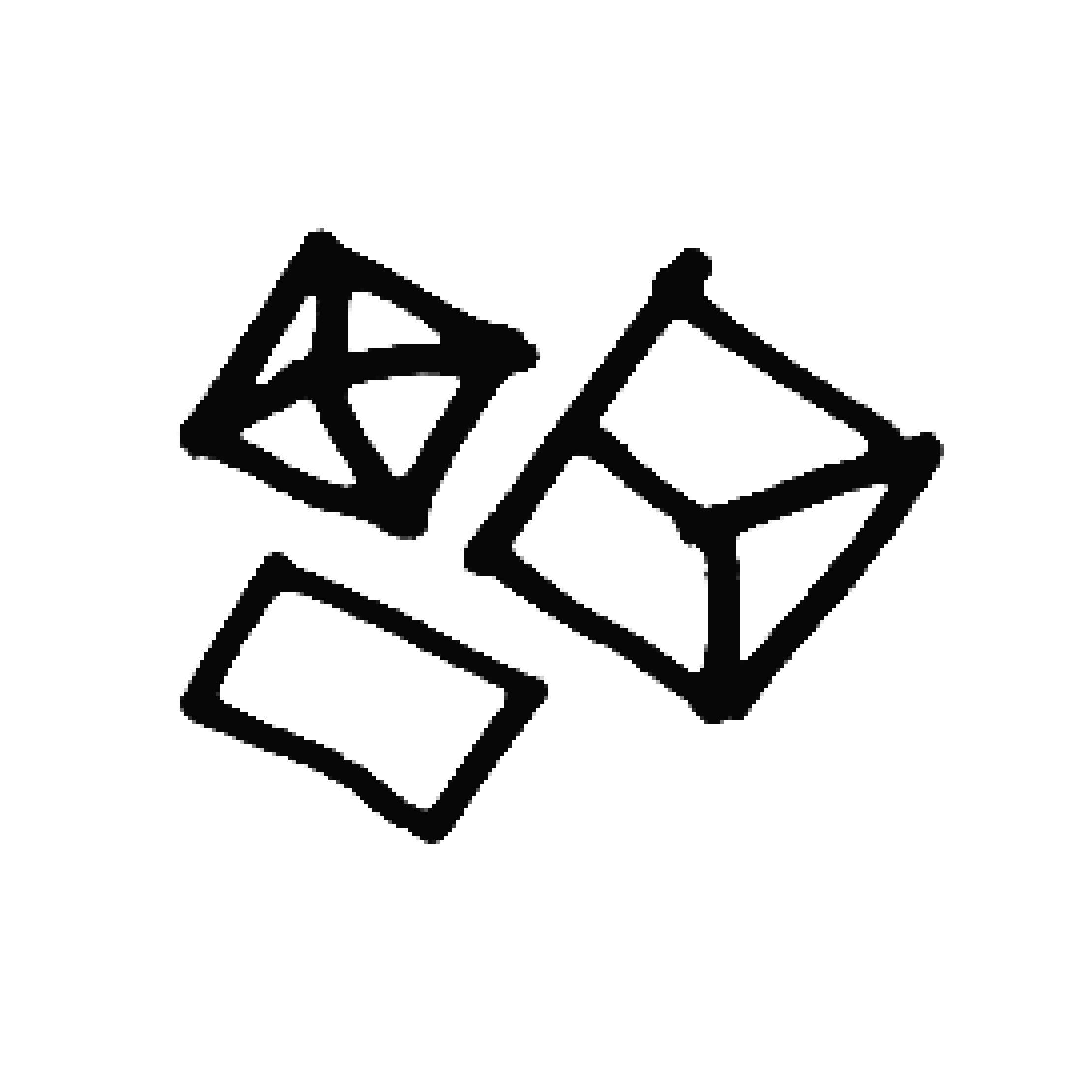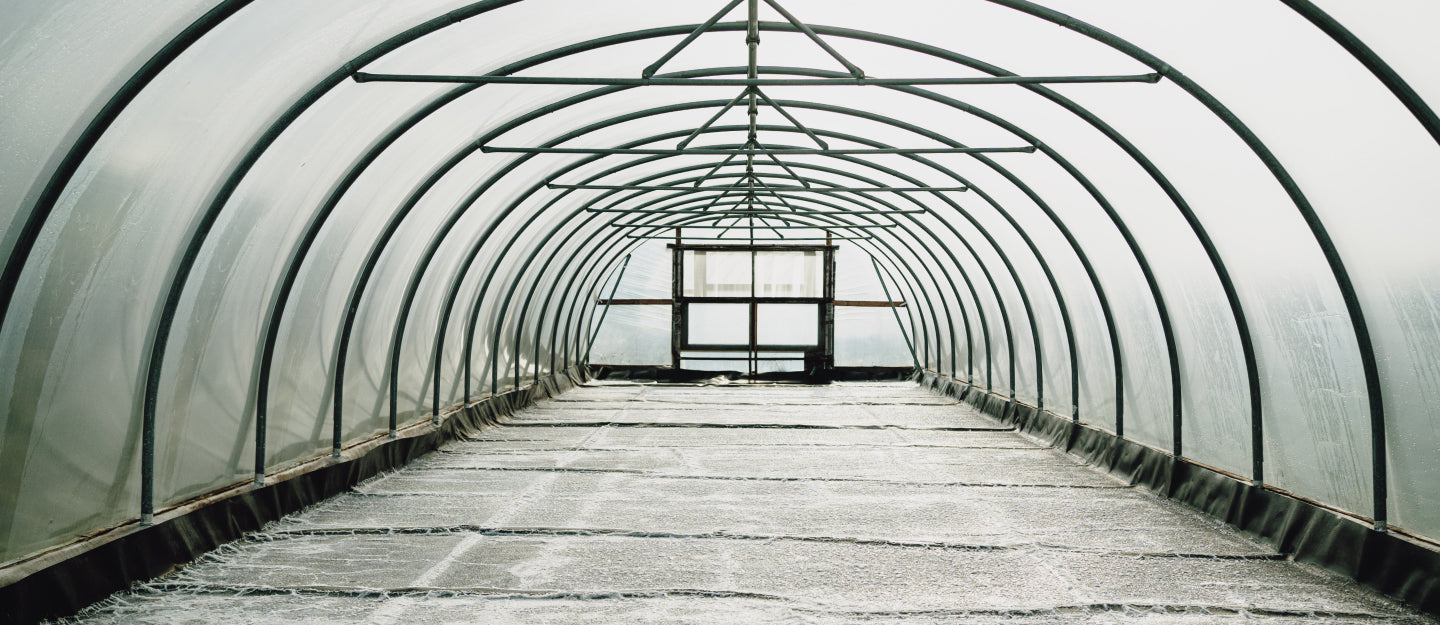The birth of Isle of Skye Sea Salt
Our story
The first in the UK to develop an innovative and sustainable solar evaporation process, the Isle of Skye Sea Salt Company uses only the sun and the wind to unveil delicious, award-winning sea salt from the unique mineral rich waters of Skye. Our environmentally friendly ethos extends to our beautiful, reusable packaging as well as the values instilled in our team. A partner to iconic restaurants and retailers, our sea salt is used by professional chefs and keen home cooks across the world, encapsulating a true taste of Skye in every crystal, be it pure, smoked, or perfectly paired with locally grown seaweed. Our spirit sits as high as the Cuillin, our drive as strong as Kilt Rock, and our commitment to providing the highest quality produce runs deeper than the Hebridean Sea. We’ve ridden the tide to award-winning heights, but we’ll always honour the shores where it all began.



It’s our Ethos.
Home is where the heart is, which is why our core values centre around delivering award-winning sea salt in such a way that we leave barely a trace. From the countless hours spent designing reusable packaging, to the years used developing a unique solar evaporation process that enables us to harness the elements with minimal impact on the beautiful landscape of Skye and its surrounding mineral rich waters.
We are recognised as the first sea salt producers in the UK to use such an environmentally friendly process and have picked up a multitude of accolades over the years, including several Great Taste Awards across our full product range. This is testament to our endless enthusiasm to improve and the years we’ve spent researching every tiny detail of best practices.
We’re proud to be known as a pioneer, responsible for reviving the historic Scottish sea salt industry. Our products are created as nature intended, we do not rush the process – something that has given us international exposure in the form of an entry to the international slow food movement – Ark of Taste which puts light on producers seeking to innovate and reimagine traditional foods.

